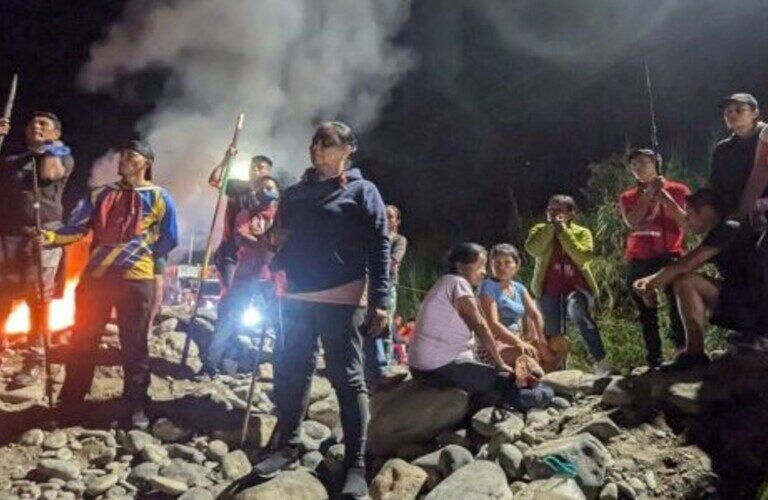Green Crossroads: Ecuador's Election Could Reshape Environmental Future

In a dramatic political upheaval, Ecuador's 2023 elections emerged from a turbulent backdrop of institutional chaos and scandal. The national assembly had been dissolved, and then-President Guillermo Lasso was embroiled in a serious corruption controversy involving the misappropriation of public oil transport funds. This political maelstrom ultimately triggered snap presidential elections that catapulted Daniel Noboa, a young and dynamic political newcomer, to the forefront of national leadership. As the son of a prominent political figure, Noboa represented a fresh face in a political landscape marked by deep-seated institutional challenges and public disillusionment.
